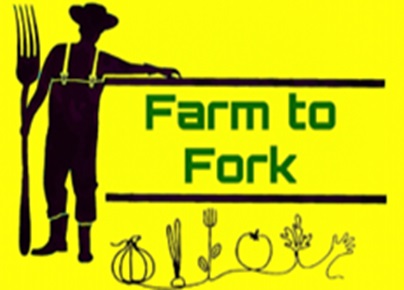EU Completes Horticultural Trade Rules and Their Adaptation to "Farm to Fork"
2023-11-17

The European Commission has published a delegated regulation and an implementing regulation supplementing the marketing standards for the horticultural sector and also adapting rules for the "Farm to Fork" strategy.
On November 4, the Official Journal of the European Union (OJEU) published these two regulations with measures that, in practice, further elaborate on the 2013 regulation that created the common organization of the markets in agricultural products.
The EC is also taking advantage of this legislation to harmonize and simplify the provisions relating to marketing standards, conformity checks, and notifications in sectors such as purchasing and selling fresh fruit and vegetables.
In addition, among other aspects, it requires indicating the country of origin for processed fruit and vegetables and ripe bananas, extending their submission to marketing standards to more banana varieties, and other actions to reduce banana food waste.
The regulation also details the desirability of considering that climatic factors hinder banana production conditions in Madeira, the Azores, the Algarve, the Canary Islands, Crete, Laconia, and Cyprus.
As a result, bananas that do not reach the minimum length set out in the international standard when produced in those geographical areas, but, according to this standard, the selling of such bananas must now be permitted.
The text also states, for example, that the traditional cultivation and consumption of horticultural products at the local level should be allowed, even if they have characteristics that do not comply with the applicable marketing standards at the Union level.
The regulation is more comprehensive and details aspects such as the indication of the country of origin, which must be more visible than the indication of the country of the packer to avoid misleading consumers as to the origin of the products.
As regards imports of fruit and vegetables from third countries, which must comply with or equivalent to marketing standards, it sets out the conditions under which imported products must have an equivalent level of compliance with Union marketing standards.
On the other hand, the implementing regulation details the controls of conformity with those marketing standards of the previous regulation and the requirements applicable to notifications of non-conformity.









